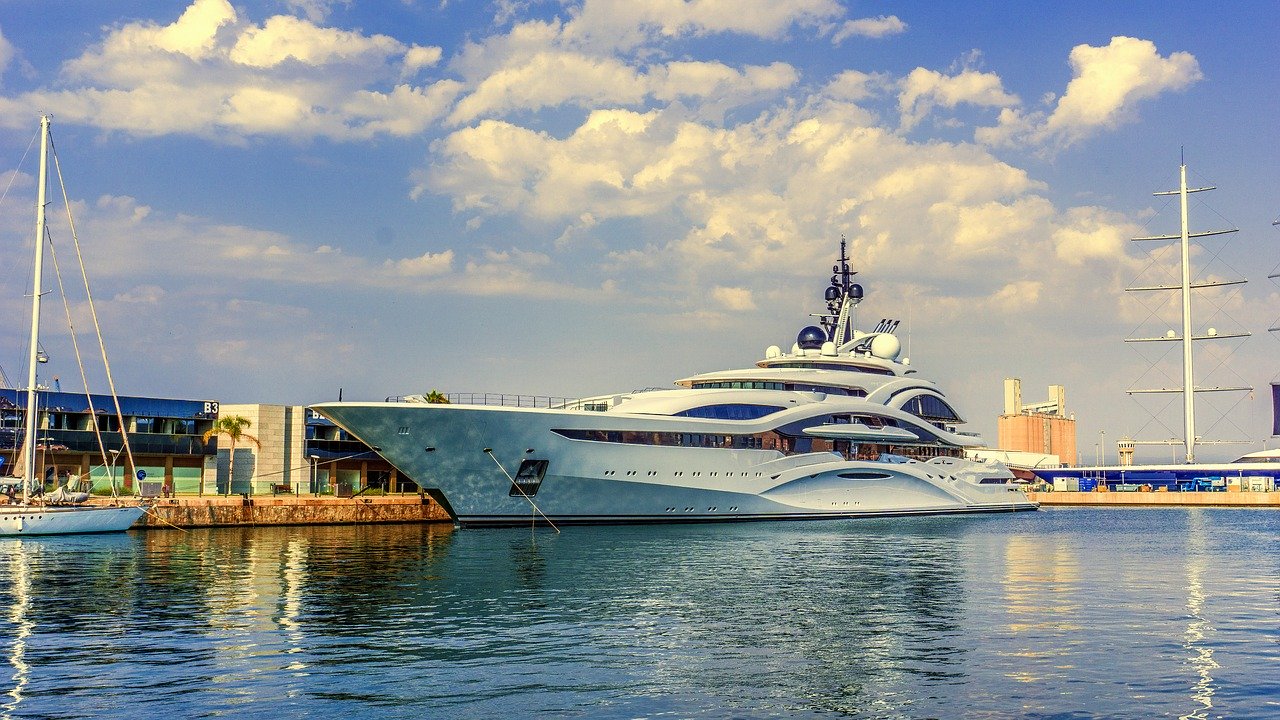
COVID-19 advice for ship & cruise crew
Crew working aboard ships, ferries and superyachts in the current COVID-19 pandemic face a unique challenge to keep passengers and crewmembers safe in a climate of elevated concerns about hygiene.
The known data about COVID-19 is still developing and much will be learned in the months to come, but initial indications are:
- COVID-19 spreads primarily via human contact in enclosed spaces and carriers may appear asymptomatic.
- A smaller secondary risk exists due to transfer of the virus from surfaces, known as ‘fomites’.
- The fatty lipid layer that surrounds the virus is its weakness – which is why soap is an effective way to destroy it.
Vessels of all sizes have many enclosed spaces and a wide range of potential fomites, from high-touch fixtures like door handles and cutlery, to furniture, walls and other surfaces.
Crew and passenger hygiene is an important way to reduce the risk of infection, and should be backed up by regular detailed cleaning of all fixed and mobile surfaces, big and small.
Passenger hygiene during COVID-19
The best practice guidelines for passenger hygiene during coronavirus are the same on ships as anywhere else:
- Regular hand washing with soap and hot or cold water for 20 seconds or longer.
- Avoid coughing and sneezing, and cover the mouth and nose if unavoidable.
- Isolate any symptomatic passengers and crew from everyone else aboard.
Soap needs 20 seconds to break down the virus cells, so make sure during hand washing the soap is not rinsed off until the end of that time.
Surface cleanliness on ships during COVID-19
It is sensible to create a specific coronavirus cleaning schedule to ensure all surfaces are sanitised frequently – many ordinary surface cleaning fluids will suffice.
Give special attention to high-touch surfaces to reduce the risk of the virus spreading to crewmembers’ and passengers’ hands.
Encourage all people aboard to avoid touching their face, eyes, nose and mouth. This reduces their risk of infection but crucially, also reduces the risk that asymptomatic infected individuals will transfer virus cells to a surface.
This is a challenging time, but by adopting hygienic and sanitary practices, you can protect the health of everybody aboard, while keeping clear of any risks on the mainland each time you set sail.

